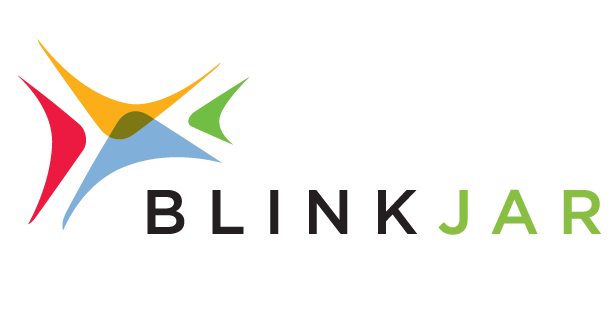Understanding Website Hosts and Domain Name System (DNS): Navigating the Internet Library
A website is not just a collection of web pages; it is a complex system of interrelated components working together to deliver the intended user experience. Key among these components are website hosts and the Domain Name System (DNS), each playing a crucial role in managing a website's online presence. To demystify these concepts, let's dive into a library metaphor.
What is the Purpose of a Website Host?
Your website host is akin to a specialized bookshelf in the vast library of the internet. This service provider offers space to store all your website's content, just as a bookshelf holds and maintains books. The host's server is where your website's data resides, ensuring it's accessible to Internet users around the clock. The choice of your website host impacts your site's speed, security, and uptime.
5 Key Factors for Determining Your Website Host
- Server Space: Different types of hosting determine the space and resources your site gets.
- Performance and Uptime: Ensures your site is easily accessible and in good condition.
- Technical Support: Like librarians, hosting companies support your website's digital space.
- Security Features: Hosts implement measures to protect your website, akin to how a library safeguards its books.
- Control Panel and Tools: These tools are provided to manage your website.
At BlinkJar, most of our sites are hosted by HubSpot, WPEngine, or Duda. A significant determining factor in your website host is your content management system of choice, but this is another topic for another day.
What is the Meaning and Purpose of DNS?
DNS is the library's catalog system. It translates book titles (domain names) into specific codes (IP addresses) to find their exact location (webserver). Without DNS, we would have to remember the numerical codes for each website, similar to memorizing every book's location in a library. DNS simplifies internet navigation by using easy-to-remember domain names.
Understanding DNS: Essential Components
- Domain Name Resolution: DNS servers find the corresponding location of a website, like looking up a book in the library catalog.
- Records and Configurations: The catalog entries direct where each domain name should point.
- DNS Providers: Companies managing the catalog system. A few of the more popular DNS providers are Google, GoDaddy, DNSMadeEasy, and CloudFlare.
- Propagation: Updating the DNS records is like updating the library catalog.
Discovering Your Current DNS Provider: Quick Tips
- Use Online Tools: Tools like whatsmydns.net or dnschecker.org can reveal your DNS provider.
- Check with Your Domain Registrar: Your domain registrar might also manage your DNS. The DNS provider and the domain registrar (where you host your domain name) are usually the same provider. At BlinkJar, we have encountered occasions where the domain registrar and the DNS are located with two separate providers, so be extra careful in verifying this information. GoDaddy, Namecheap, Tucows, and Network Solutions are the largest domain registrar companies. At BlinkJar, most of the sites we control are with GoDaddy.
- Contact Your IT Department or Service Provider: They often have this information. This option can sometimes be frustrating, as it is like finding a needle in a haystack.
- Examine Email Headers: Email headers can sometimes reveal DNS details.
Tips on Discovering Who Your Current Website Host Is
- Online Lookup Tools: Tools like WhoIsHostingThis or HostingChecker can identify your host. The results provided with these sites can be misleading. For instance, when you plug in our website (www.blinkjarmedia.com), it shows our web host as Amazon Web Services. While technically accurate, our site is hosted on AWS through Duda.
- Review Your Billing Records: Billing records often show payments to hosting companies. Good luck with finding that bill.
- Check Your Emails: Look for messages related to hosting. Be careful here, as this particular sector is notorious for spammy emails misleading you into believing you are hosting with a provider when you are not.
- Ask Your Webmaster or Developer: They likely know where your website is hosted. While this is true, it does not always mean your webmaster has control or access to your website host and DNS provider.
- Consult Your Control Panel: A control panel often displays the name of your hosting company. You are likely clear on this topic if you have access to this control panel.
Making Informed Decisions on Your Web Host and DNS Provider
You can quickly identify your current DNS provider and website host by understanding the roles of web hosting and DNS in the internet library and utilizing the provided tips. This knowledge gives you more control over your website and enables informed decisions about these essential services. Knowing where your 'book' is stored and how it's cataloged in the internet's vast library ensures that your website remains accessible and efficient.








